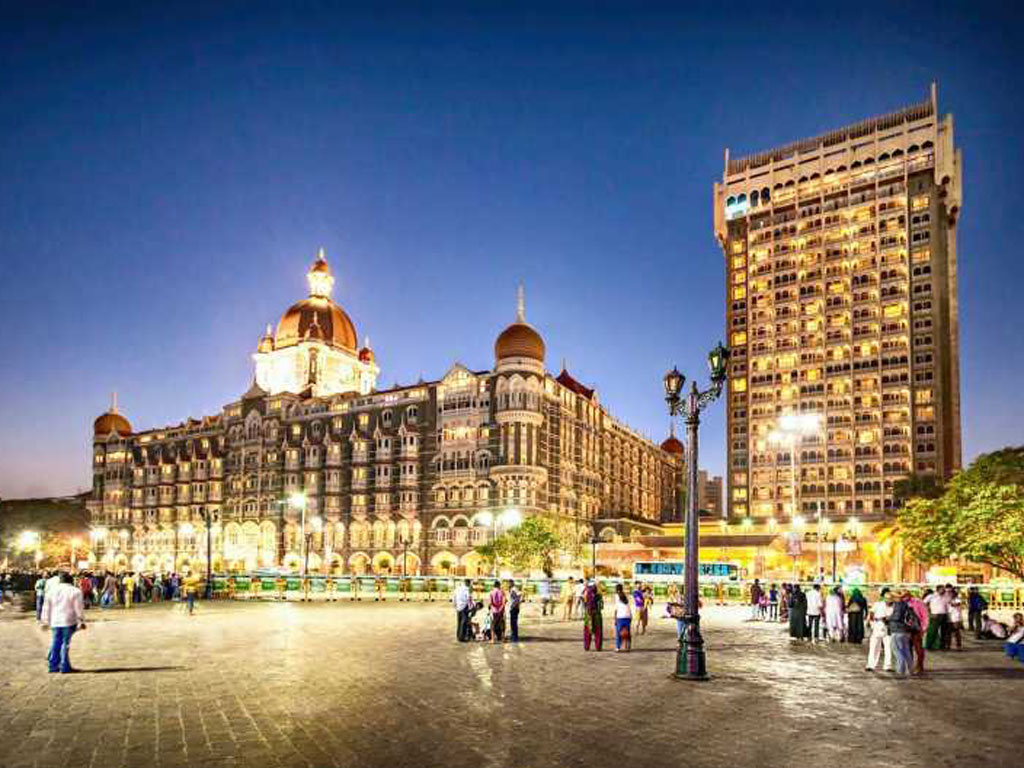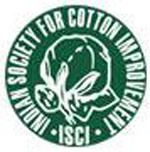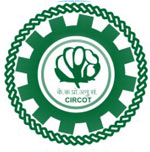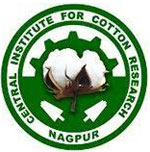International Conference on "Sustainable Cotton Production and Processing: Towards a Circular Economy"
December 03-05, 2024
ICAR-CIRCOT, Mumbai, Maharashtra, India.
IN COMMEMORATION With


Sustainability has become a fundamental aspect of planning and development activities, which in agriculture sector can be achieved through circular economy. The concept of circularity promotes a regenerative system where the product life cycle is extended through use, reuse, and recycling by minimizing the waste and pollution. Coon, a vital commercial crop impacts livelihoods of millions of farmers and other stakeholders throughout its value chain. It exemplifies an industrial crop where all parts of the plant, including fibre, seed, stalks, and their by-produce are commercially utilized. Despite its circular nature, cotton undergoes water, chemical and energy-intensive processing treatments, which have substantial environmental impact. Moreover, globally about 92 million tonnes of textile waste are dumped into landfills each year, with India contributing around 8.5% of this. What happens to the waste generated after ginning, seed processing, spinning and weaving from fibres, similarly there is limited knowledge about uses of wastes after converting stalks into briquettes, pellets from coon stalks, etc.
Read MoreConference Location
Sufficient rooms on single and double occupancy basis have been blocked at Suitable Hotels in
Mumbai.
The participants are requested to preferably book the accommodation at the hotel on
payment
basis at a discounted tariff rate made available.
Limited accommodation is available in the Government gust houses for any enquiry with regard
to
accommodation, please contact
Dr. Sheshrao Kautkar,
Convenor, Accomodation Committee
Moblie : +91 9456553244
Email : Sheshrao.Kautkar@icar.gov.in
Mumbai, the capital of Maharashtra State, is a major metropolitan city of India, located on the west coast of India, the group of islands, which has grown into the city, is an economic powerhouse of the country. Ancient yet modern, fabulously rich yet achingly poor, Mumbai is India in microcosm. The city has a history of multi-cultural rulers starting from the emperor Ashoka, to the Mohammedans of Gujarat, to the Hindu rulers, to the Portuguese and finally the British. After World War II, Mumbai became a center of all the nationalist activities, whhic ultimately culminted in the Bombay Mutiny in 1946. Some of the most important financial organizations of India are established in Mumbai, the financial capital of India. The important industries are textiles engineering, healthcare, diamonds, information technology, shipping, publishing, and the film industry. It has one of the world's largest textile markets, a major industrial center and the country's busiest port handling over 40% of India's maritime trade.
The climate of Mumbai in December month is somewhat dry and hot, mostly pleasantly warm with a gentle breeze. The average temperature in December for a typical day range from a high of 85°F (29°C) to a low of 69°F (20°C).
The tour of Mumbai Will commence with a drive along Marine Drive in south Mumbai. The Hanging gardens at Malabar Hill offer a splendid view of the city. In this cosmopolitan city, one views a wide spectrum of architecture including the magnificent Victoria Terminus, a remakable example of Victorian Gothic architecture in India. Exciting places to visit include the Prince of Wales Museum, the Gateway of India, that was erected in 1924 on the waterfront to commemorate the visit to King George V to Mumbai and the Elephanta Island, Located 10 km from the Gateway of India, which has four rock-cut temples in caves dating back to 5th century. Sanjay Gandhi National Park of Borivali National Park: the only national park in Mumbai, set in hill ranges in the outskirts at Borivali, is host to various wildlife species like the p anther, antelope, mouse deer and wild boar. in the Lion Safari Park, visitors can view lions as close as two meters. The park is also a paradise for the Lovers of avifauna.
Read More



Happy to help you
Adenwala Road, Matunga (E), Mumbai - 400019, Maharashtra, India
022-24146002
contact@isci.org.in